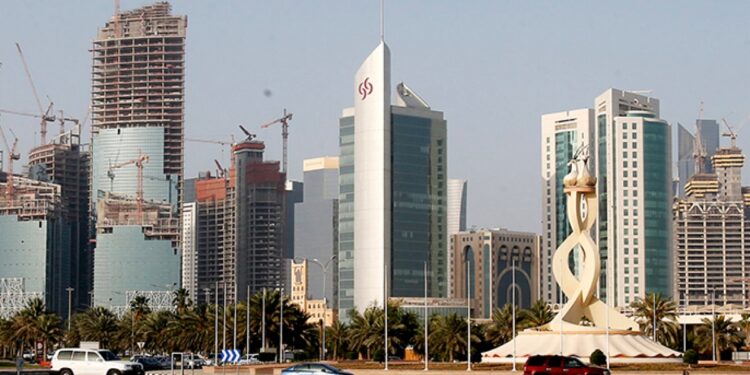Bloomberg said that sovereign wealth funds in the Gulf region are witnessing an increase in their investment activity, which makes it easier for them to attract talent while consolidating their position as makers of influential deals.
The agency pointed out that Gulf sovereign wealth funds, which manage assets worth a huge amount of $4.9 trillion, invested $55 billion in 126 deals during the first nine months of 2024 alone.
According to a report by consulting firm and data provider Global SWF, the $55 billion invested by Gulf entities represents about 40% of all deals executed by investors backed by their governments globally during this period, as reported by Bloomberg.
A large portion of these investments went to traditional destinations such as the United States and the United Kingdom, while China has emerged as a new favorite destination with investments amounting to $9.5 billion over the past 12 months.
Asset growth and employment trends
According to the agency, the influence of Gulf sovereign wealth funds is expected to expand, as their combined assets are expected to reach $7.3 trillion by 2030, representing a 49% increase over 2024.
Although this number is slightly lower than the previous forecast of $7.6 trillion issued in the Global SWF report in December, this growth reinforces the growing financial strength of Gulf funds.
These funds currently employ about 9,000 people, with each employee managing an average of $550 million in assets. Private offices linked to members of the royal families manage about an additional $500 billion and employ more than 1,000 professionals, according to Bloomberg.
When other sovereign entities such as central banks and pension funds are included, the total number of workers in this sector rises to about 20,000.
Historically, Gulf institutions have faced difficulties attracting talent from abroad due to factors such as the harsh climate and tax considerations, especially for American and European professionals.
But this trend is starting to change, with more international staff being attracted to the larger deals now available in the region. “There is a possibility that international employees will have opportunities to participate in exciting and large deals that they may not see at home,” the report explained.
According to Bloomberg, the increasing influence of Gulf sovereign wealth funds is forcing managers, bankers and advisors to establish regional offices, often staffed with international specialists who may end up working in those same funds.
Expansion of Gulf wealth funds
Bloomberg points to the Saudi Public Investment Fund as a prominent example of this trend. The fund is the main vehicle for implementing the Kingdom’s ambitious economic reforms, and has grown rapidly to employ about 2,000 people in Riyadh, with plans to expand into the United States, London and Asia.
Likewise, the Qatar Investment Authority is emerging as a major force in the global financial landscape. Over recent years, the Qatar Investment Authority has significantly increased its investment activity, investing in various sectors around the world. As a result of this expansion, the agency has significantly increased the number of its employees, with a strong focus on strengthening the presence in major financial centers such as London, New York and Asia. The agency continues to search for strategic investment opportunities to support Qatar’s economic development goals and enhance its position as a global investment power.
In the same way, the Abu Dhabi Investment Authority (ADIA), which manages nearly a trillion dollars, has expanded over the past 15 years, managing more investments internally rather than relying on external managers. Despite recent downsizing in back-office staff, the agency is actively recruiting, focusing on hiring quantitative experts and computer experts to create an in-house “scientific laboratory.”



